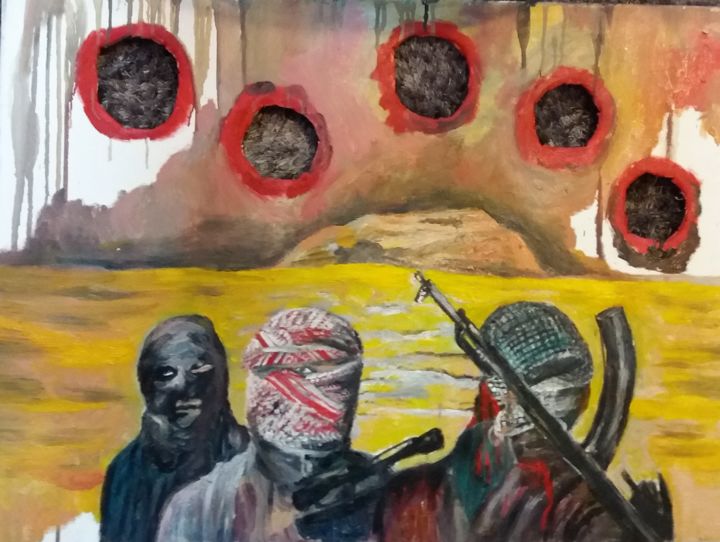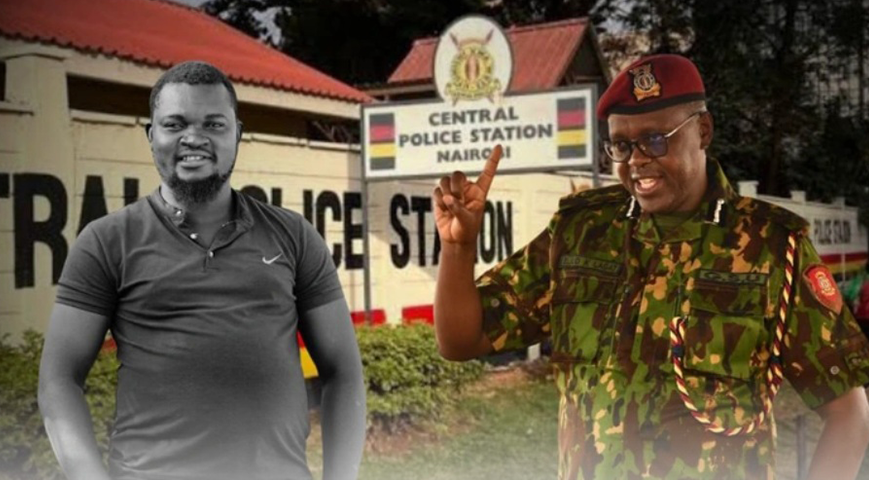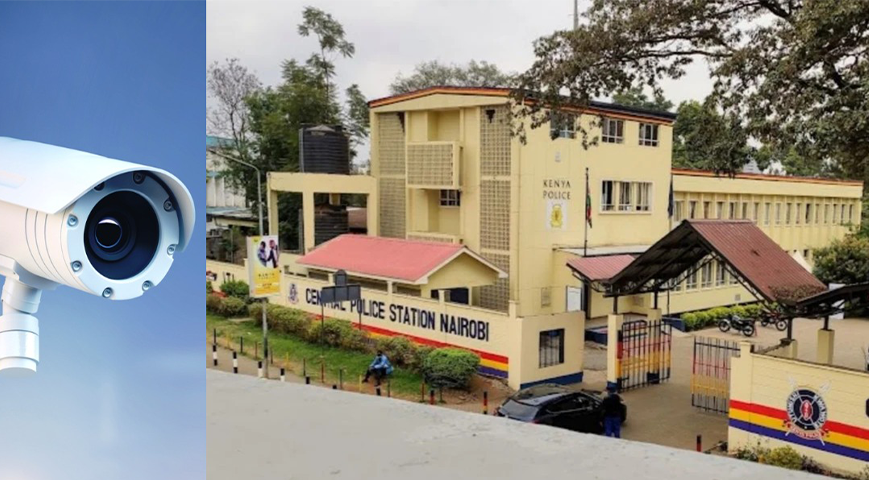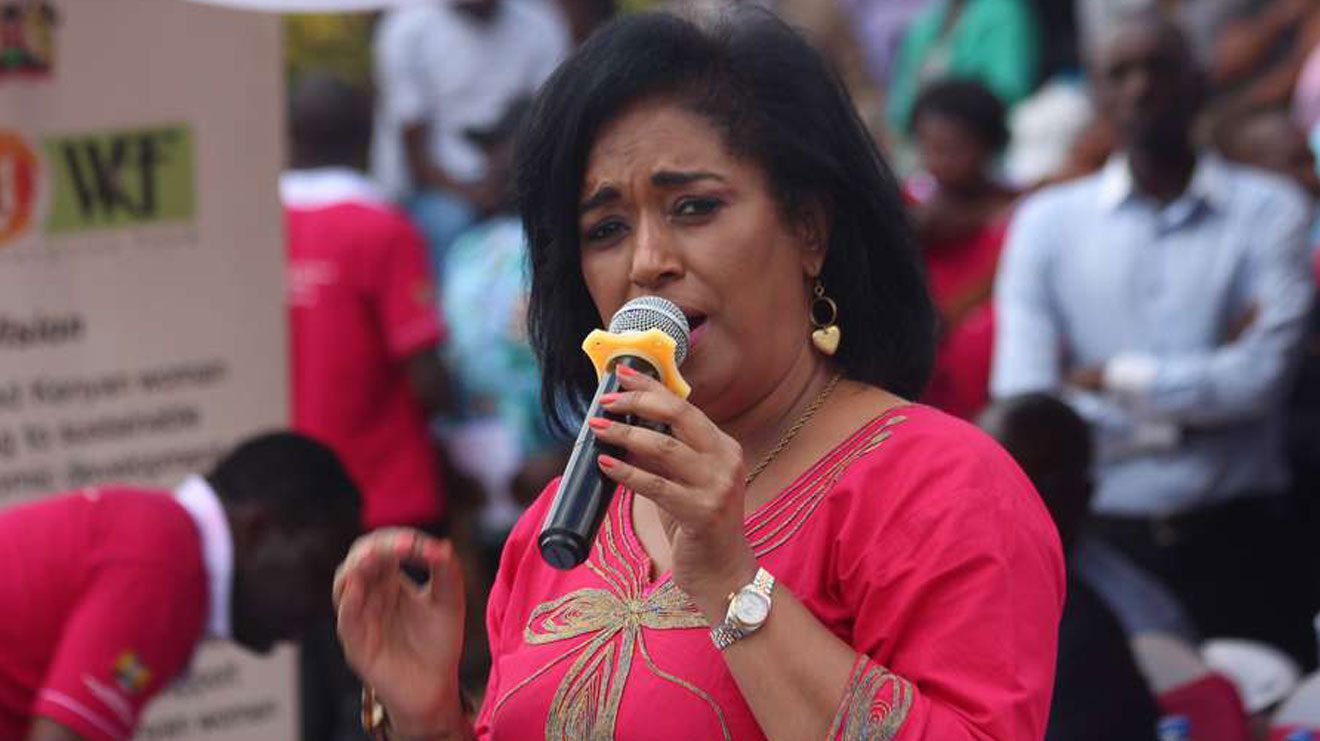One of the bloodiest and longest wars in African history, the Sudan War broke out in 1983 and lasted for nearly two decades. The political, economic, and social unrest between the mostly Christian and animist south and the predominately Muslim Arab north had its origins in a lengthy history.
The southern region, which is mostly Christian and animist, was sidelined by the government in the early years after Sudan gained independence from Britain in 1956. This sparked a string of confrontations, including the 1955–1972 American Civil War in the South.
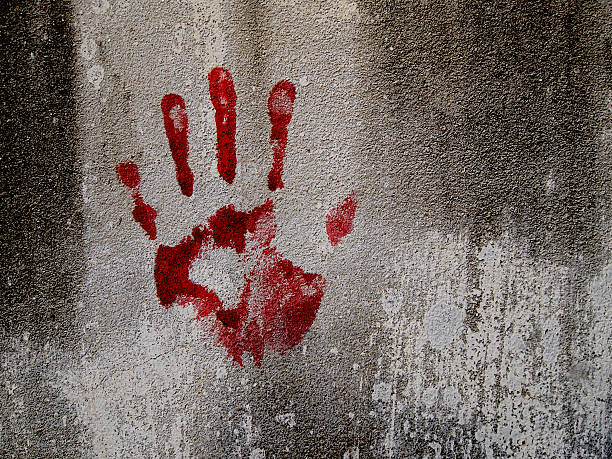
A peace pact between the North and the South was struck in 1972, granting some autonomy to the Southern region. The North's administration rapidly broke its pledges and started enacting measures that further disadvantaged the orth'ssouth, therefore this accord was only temporary.
Did you read this?
The issue erupted in 1983 when the northern administration declared that Sharia law would be implemented nationwide, including in the mostly non-Muslim south. The majority non-Arab and non-Muslim southern populace perceived this action as an overt attempt to impose Arab and Islamic culture.
The response from the southern population was swift and fierce. The Sudan People's Liberation Army (SPLA) was formed, led by John Garang, a southern Sudanese army officer, to fight for the rights of the southern population. The SPLA was largely made up of soldiers from the south, and they began to launch attacks on government installations and military bases in the south.
The government in the north responded with a brutal crackdown, launching a series of military campaigns against the SPLA and the civilian population in the south. The government also armed and supported Arab militias in the region, who began to carry out massacres and atrocities against the southern population.
The war quickly escalated, with both sides committing widespread human rights abuses and atrocities. The civilian population in the south was caught in the middle, with many forced to flee their homes and become refugees in neighboring countries.
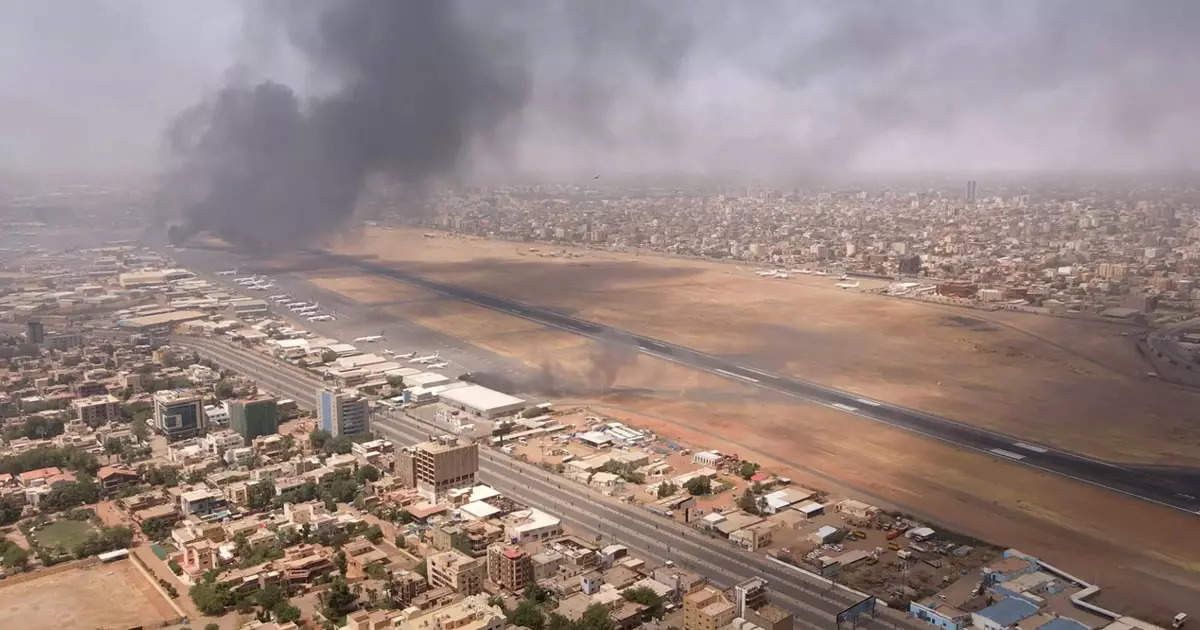
The conflict was further complicated by the involvement of external actors, including neighboring countries and international powers. Sudan's neighbors, including Uganda and Ethiopia, became involved in the conflict, providing support to the SPLA. Meanwhile, the government in the north received support from other Arab countries, including Libya and Iraq.
The conflict continued for over two decades, with intermittent attempts at peace negotiations and ceasefires. However, these efforts were largely unsuccessful, as both sides remained committed to their respective goals and refused to compromise.
In 2005, a comprehensive peace agreement was finally signed, which granted the southern region autonomy and the right to hold a referendum on independence after six years. The referendum was held in 2011, and the people of South Sudan voted overwhelmingly in favor of independence, marking the end of the Sudan war.

